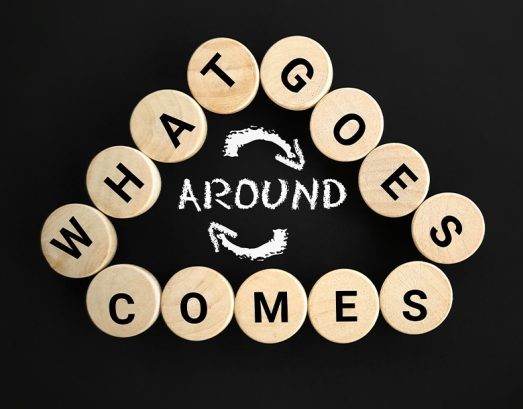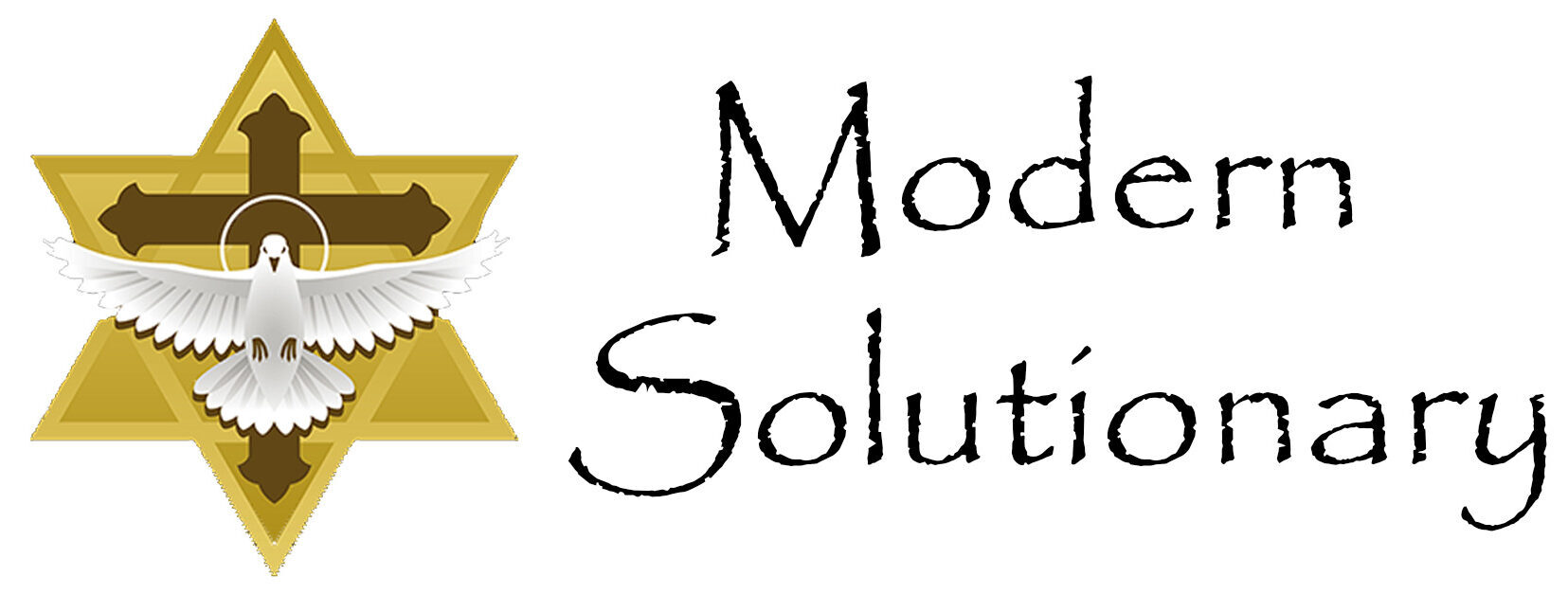
We are entering the Season of Giving. Have you ever wondered why we get so much from giving? Here is the answer.
The Law of Reciprocity is a law of humanity that helps to bring civility to our need to live in a social society. Simply put, when someone does something nice for you, you feel inclined to return the favor. It’s like an unspoken social rule that encourages mutual help and cooperation. Basically: You scratch my back, I’ll scratch yours…
Regardless of your individual beliefs, people are social creatures who value fairness and kindness. We naturally feel good when we help others and appreciate it when others help us. This creates a cycle of giving and receiving that strengthens personal relationships, social bonds, and fosters cooperation. It’s deeply rooted in us and its why we value a trusted community so much. This natural truth, like many others, was created using the Power of the Wisdom of Three.
The law has three key components that make it function:
Mutual Benefit: Both parties gain something from the interaction. It’s a win-win situation.
Expectation: When you do something nice for someone, there’s an unspoken expectation that they will reciprocate at some point.
Voluntariness: The initial act of kindness should be done freely, without coercion. True reciprocity only happens when the giving is genuine.
In addition, there are only three levels of interest, and they bond the relationships used to navigate our motivations that affect reciprocity and the how they interplay with trust.
Self Interest: When acting out of self-interest, people are driven by their own needs and desires. It doesn’t mean they’re selfish, but rather, they are prioritizing their personal benefits. Trust in this context is often transactional and contingent on mutual benefits.
Altruistic Interest: This is where one acts out of concern for others, often at a personal cost. Trust here is built on empathy and understanding, and it’s the bedrock of strong, selfless relationships.
Shared Interest: This represents a middle ground where mutual goals and benefits align. Trust in this context thrives on cooperation and collaboration because both parties are working towards a common good.
Together, these interests are part of the natural Law of Reciprocity. The law and the level of interest underpins the formation of social bonds and structures within societies. It tells us that trust isn’t a monolithic concept; rather, it’s fluid and dynamic, shifting based on the interplay of these interests and the presence of trust.
If this is my last post, I want all to know there was only one purpose for all that I have written; to have made a positive difference in the lives of others.
Anthony “Tony” Boquet, the author of “The Bloodline of Wisdom, The Awakening of a Modern Solutionary”
